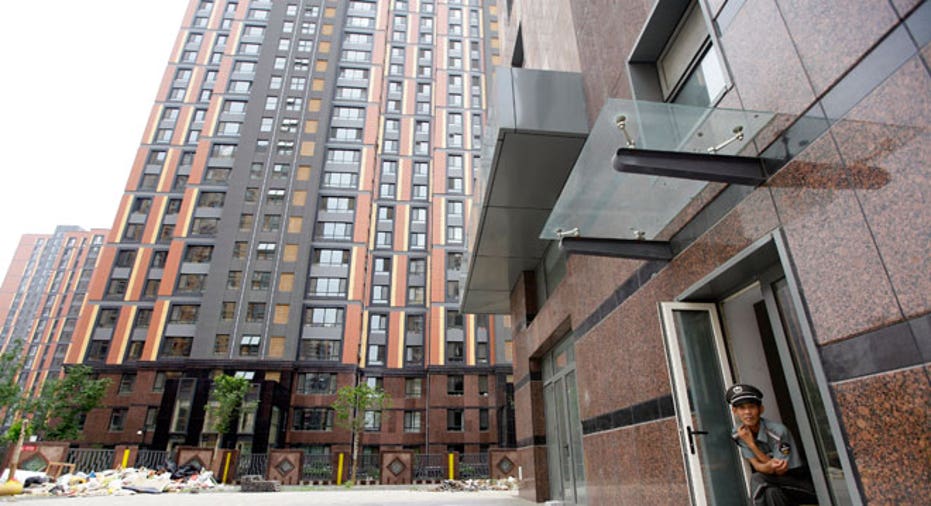Year-End Checklist for ‘Accidental Landlords’

You’ve almost made it through your first year as an accidental landlord, and as someone who stumbled into your new “career,” you want to figure out what you need to do to plan for next year.
Here are a few items you should consider:
Taxes
It’s time to start planning your federal income tax process. You’ll be doing a 1040 Form Schedule E for your rental property business operations. You can go to irs.gov for more information and to download that schedule to review. Basically, you’ll have to record all your rental income, less your expenses such as management, property taxes, insurance, mortgage interest (not the mortgage payment, just the interest) and depreciation. Get with a tax professional to determine your depreciation. Then fill out the Schedule E to determine whether you have income or a loss on your rental property. This net amount will flow to your main 1040 form and probably save you a little money on your taxes!
Insurance
It’s also a good time to review your insurance to make sure you have the proper type and amount of insurance in place. At a minimum, make sure you converted your prior homeowners policy to a landlord policy. Also, make sure you have enough coverage for the dwelling — start with $150 per square foot, or whatever it would cost to rebuild in your area if the house is destroyed. You might also consider an umbrella liability policy to bump your coverage now that you are a landlord. Talk with your agent on all these matters.
Should you sell?
This might also be a good time to think about whether you want to exit the accidental landlord business — after all, you never intended to be a landlord in the first place. In many areas of the country there are shortages of properties listed for sale, and prices have been firming up. So now may be the time to talk to a real estate professional about market prices and whether you should try to sell your property in early 2013.
Refinancing
If you don’t believe you will be able to sell the property in the foreseeable future, or you’ve decided to keep your property as an investment, and your mortgage interest rate is above 4.5 percent, you might want to look at refinancing options. Interest rates are at historic lows, and if you can drop your rate by one-half to 1 percent, that could slice your monthly payment and give you a little additional cash flow. So it’s worth taking a look at this option as long as you think you will own the property at least a few more years. Look at all the lending programs available, and hopefully you’ll qualify for one.
Lastly, make sure to send your tenants a holiday card thanking them for being great tenants. Keeping good relations with them usually goes a long way toward making your life as a landlord a little easier.
Read More From Zillow:



















